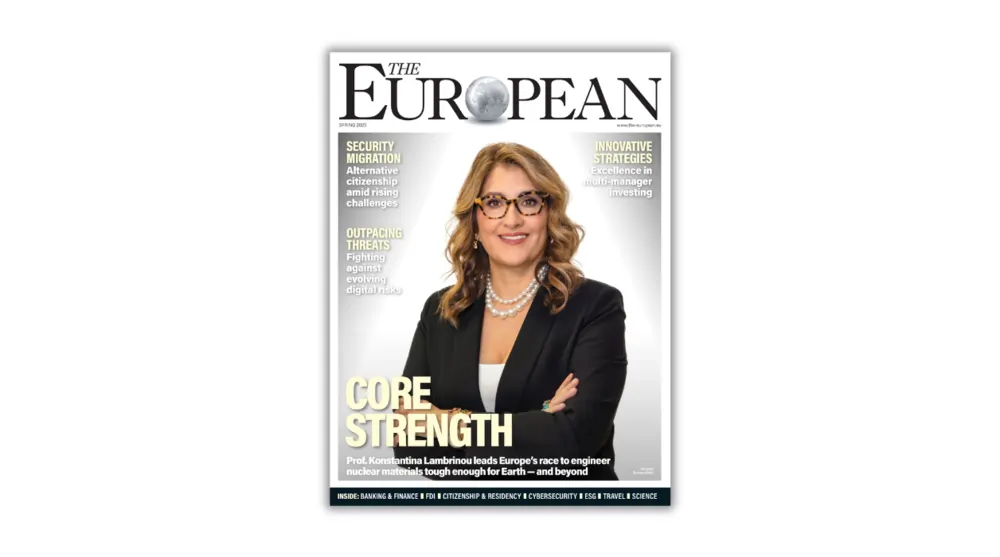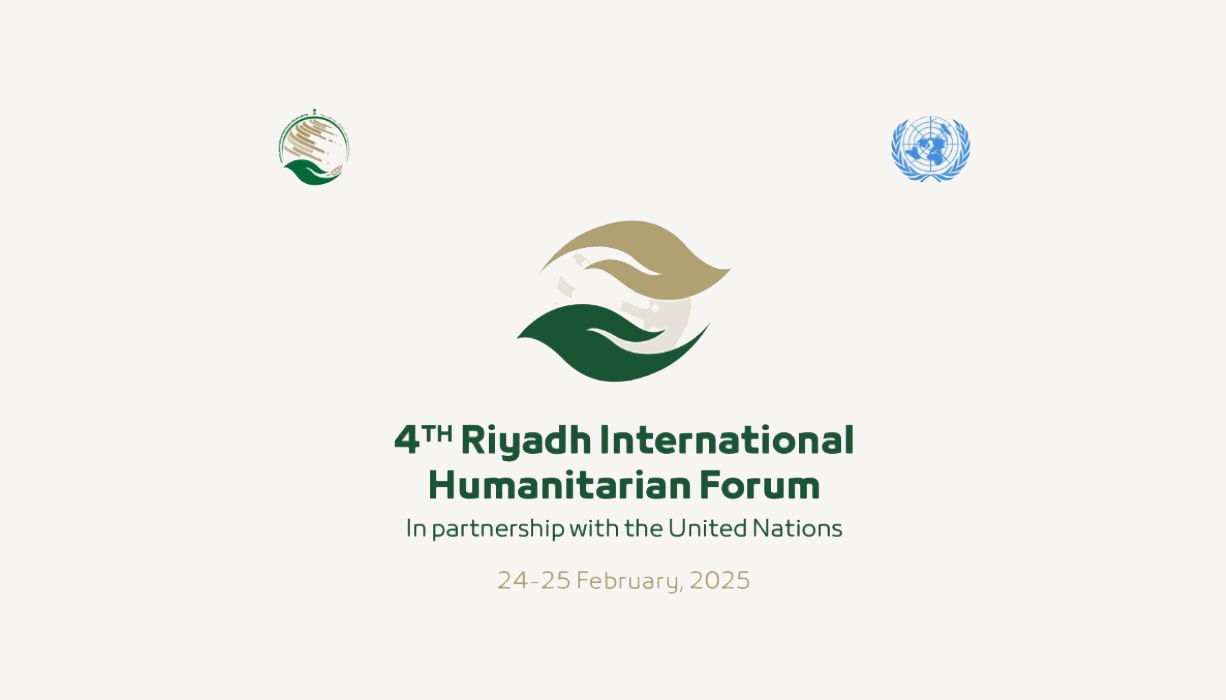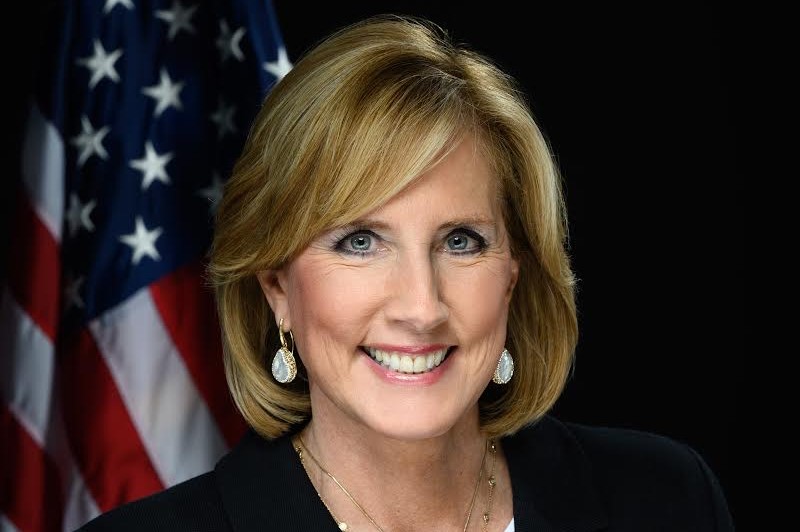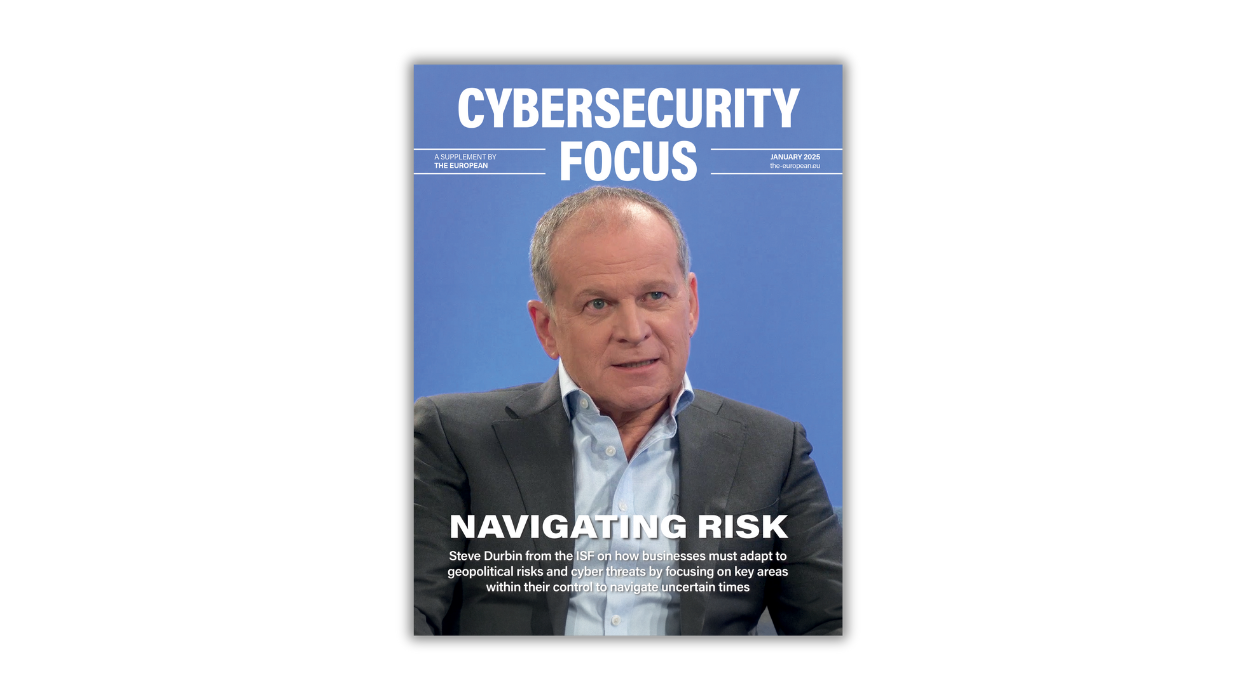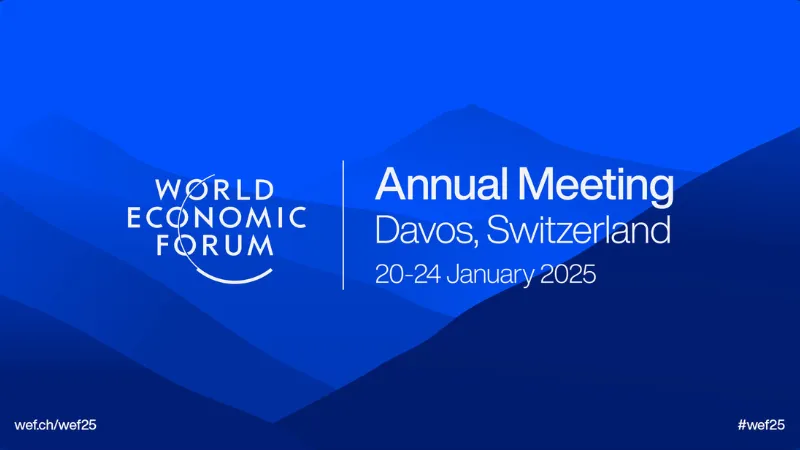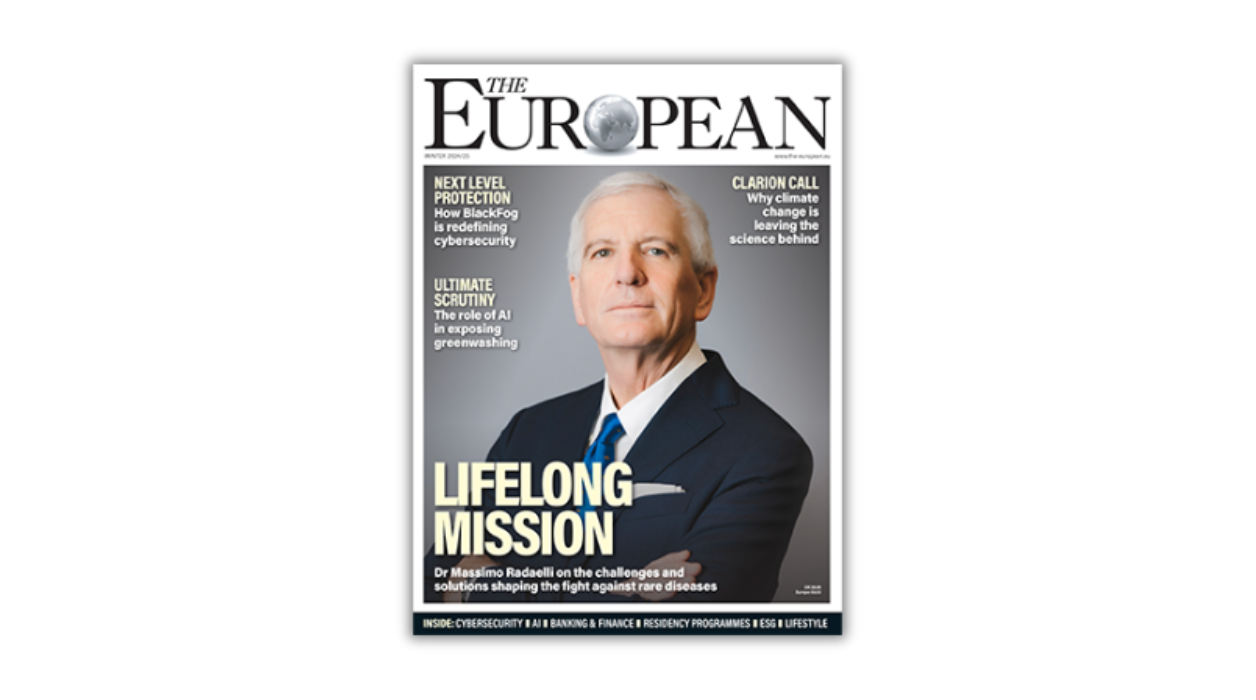The two core skills middle managers need to navigate stormy weather

John E. Kaye
- Published
- Business

Smaranda Boros and Andreea Gorbatai of Vlerick Business School explore how middle managers can meet the many challenges their positions demand, creating more cohesive teams and achieving sustainable success
Middle managers occupy one of the most challenging positions in organisations, balancing conflicting demands from leadership while supporting their teams through uncertainty. Tasked with meeting organisational objectives and maintaining a positive work environment, they often face high stress, burnout, and isolation. To succeed in this demanding role, middle managers must develop two core skills: a paradox mindset and emotional intelligence. These abilities enable them to navigate the complexities of their roles, from technological disruptions to organisational restructuring.
The paradox mindset: Embracing tensions
A paradox mindset involves recognising and accepting the inherent tensions of leadership roles rather than resolving them or choosing between competing priorities. This skill allows managers to hold opposing ideas and conflicting demands without succumbing to stress. For example, Jana, a finance manager at a European bank undergoing digital transformation, faced the challenge of balancing the efficiencies of automation with her desire to protect her team. Rather than viewing this as an “either/or” choice, she embraced both objectives, integrating new technologies while finding ways to keep her team engaged. This approach allowed her to lead effectively during a period of significant change.
Middle managers can use several tools to develop a paradox mindset:
– Curiosity: When confronted with challenges, curiosity can prevent a default rush to judgment or problem-solving. Instead, it encourages exploration, fostering open dialogue and psychological safety within teams. By approaching situations with curiosity, managers can uncover root causes, inspire innovative thinking, and build cohesion.
– Reframing: Reframing involves shifting perspectives on a situation. For example, when a team struggles with change, leaders can focus on the potential positives rather than dwelling on resistance. Exercises like “dream behind the complaint” help teamsarticulate frustrations and rediscover their original goals, creating renewed enthusiasm.
– The Bigger Picture: Managers often focus on immediate concerns, but a broader “both/and” perspective helps them navigate competing demands. By asking, “What does the relationship need?” rather than prioritising individual needs, they can make decisions that align with organisational health and foster collaboration.
By adopting these tools, middle managers can approach contradictions with flexibility and resilience, turning potential roadblocks into opportunities for creative problem-solving.
Strengthening emotional capabilities: The key to empathetic leadership
While a paradox mindset equips managers to handle conflicting demands, emotional intelligence enables them to lead with empathy. Emotional intelligence involves recognising, understanding, and managing one’s emotions while being attuned to the emotions of others. In times of change, this skill is invaluable for navigating difficult conversations, maintaining morale, and managing emotional complexity.
Take Ilan, a production site manager at an energy company. Facing budget cuts and restructuring, Ilan had to make difficult decisions, including layoffs. Although he understood the necessity of these actions, he struggled with the emotional toll on himself and his team. By addressing these challenges with emotional intelligence, he was able to communicate changes empathetically, preserving team trust and morale.
Key emotional leadership skills include:
– Be Afraid but Do It Anyway: Emotional intelligence involves acknowledging and managing difficult emotions like fear and anxiety. Suppressing these emotions can undermine leadership effectiveness, while confronting them builds strength. For instance, U.S. gymnast Simone Biles demonstrated this during the 2020 Tokyo Olympics when she prioritised her mental health, showing that vulnerability can be a sign of strength.
– Master Your First-Aid Kit: Managers need self-regulation techniques to handle emotionally charged situations. Practices like deep breathing, mindfulness, or simple grounding exercises can help leaders maintain composure. This emotional stability allows for clear-headed decision-making, even in high-stress moments.
– Leverage Emotional Awareness for Team Dynamics: Emotional intelligence extends beyond self-management to fostering a healthy team culture. Encouraging empathy, perspective-taking, and open communication helps teams navigate stress and conflict effectively. Leaders who model emotional regulation inspire their teams to do the same, creating a supportive and collaborative environment.
Integrating the paradox mindset and emotional intelligence
Mastering both the paradox mindset and emotional intelligence enables middle managers to navigate the complexities of their roles with resilience and empathy. These skills help managers balance competing demands, foster collaboration, and make thoughtful decisions under pressure. For example, when Ilan faced the difficult task of laying off a colleague, he combined his paradox mindset and emotional intelligence. By focusing on the bigger picture and managing his own emotions, he approached the situation with sensitivity and clarity, maintaining trust and respect within his team.
Middle managers often act as the unsung heroes of their organisations, steering their teams through uncertainty and balancing conflicting pressures. By cultivating a paradox mindset and strengthening emotional capabilities, they can rise to these challenges, creating more cohesive teams and achieving sustainable success. These skills not only benefit the manager but also enhance the overall effectiveness of the organisation, fostering a more adaptive and innovative workplace. In the end, embracing these approaches leads to better decision-making, stronger relationships, and a healthier organisational culture.
About the authors

Smaranda Boros is a Full Professor of Intercultural Management and Organisational Behaviour at Vlerick Business School. Smaranda’s research focuses on issues of identity, diversity and emotion in the workplace and society.

Andreea Gorbatai is an Associate Professor of Entrepreneurship at Vlerick Business School. Her research and teaching focuses on the impact of technology on entrepreneurship. She explores the influence of platforms and AI on entrepreneurial outcomes.
RECENT ARTICLES
-
 Managing cross-border risks in B2B e-commerce
Managing cross-border risks in B2B e-commerce -
 Research highlights rise of 'solopreneurs' as technology reshapes small business ownership
Research highlights rise of 'solopreneurs' as technology reshapes small business ownership -
 Human resources at the centre of organisational transformation
Human resources at the centre of organisational transformation -
 UK government sets up Women in Tech taskforce amid gender imbalance concerns
UK government sets up Women in Tech taskforce amid gender imbalance concerns -
 Liechtenstein lands AAA rating again as PM hails “exceptional stability”
Liechtenstein lands AAA rating again as PM hails “exceptional stability” -
 The Parisian business school quietly reinventing the MBA
The Parisian business school quietly reinventing the MBA -
 UK entrepreneur who founded £1bn firm acquires UAE amateur golf leader to launch world amateur Super League
UK entrepreneur who founded £1bn firm acquires UAE amateur golf leader to launch world amateur Super League -
 Why your home is the best place to teach children leadership
Why your home is the best place to teach children leadership -
 Inside the Spring 2025 Edition of The European
Inside the Spring 2025 Edition of The European -
 The Paris MBA designed for real-world leadership
The Paris MBA designed for real-world leadership -
 Soft2Bet reflects on eight years of leadership and philanthropy in new film featuring CEO Uri Poliavich
Soft2Bet reflects on eight years of leadership and philanthropy in new film featuring CEO Uri Poliavich -
 Global Banking School celebrates ‘milestone’ anniversary
Global Banking School celebrates ‘milestone’ anniversary -
 Saudi Arabia hosts the fourth Riyadh International Humanitarian Forum
Saudi Arabia hosts the fourth Riyadh International Humanitarian Forum -
 New York Congresswoman pushes for Trump’s birthday to be enshrined as federal holiday
New York Congresswoman pushes for Trump’s birthday to be enshrined as federal holiday -
 Red light, green bite: Netflix restaurant opens in Vegas
Red light, green bite: Netflix restaurant opens in Vegas -
 Read our Cybersecurity Focus supplement, featuring insights from Information Security Forum
Read our Cybersecurity Focus supplement, featuring insights from Information Security Forum -
 Davos World Economic Forum 2025: Collaboration for the Intelligent Age
Davos World Economic Forum 2025: Collaboration for the Intelligent Age -
 The European releases its Winter 2024/25 edition
The European releases its Winter 2024/25 edition -
 Read our FDI Focus supplement, featuring insights from Michael Lohan of IDA Ireland
Read our FDI Focus supplement, featuring insights from Michael Lohan of IDA Ireland -
 PizzaExpress to Expand Dough Base Stateside
PizzaExpress to Expand Dough Base Stateside -
 The two core skills middle managers need to navigate stormy weather
The two core skills middle managers need to navigate stormy weather -
 The Role of Financial Regulations in the Online Casino Industry
The Role of Financial Regulations in the Online Casino Industry -
 How to become a game-changer
How to become a game-changer -
 Taking the risk out of BOP ventures
Taking the risk out of BOP ventures -
 Releaf leading the way with marketing
Releaf leading the way with marketing









